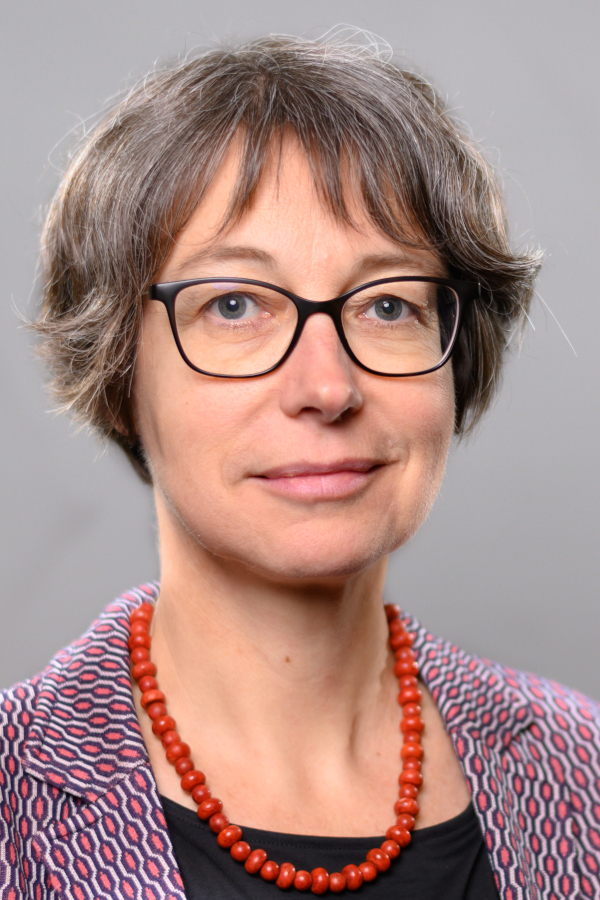
On 11 November 2020, Imme Scholz, Deputy Director of the German Development Institute / Deutsches Institut für Entwicklungspolitik (DIE) and Deputy Chairwoman of the German Council for Sustainable Development, participated in an event on the use of “green” hydrogen in North Rhine-Westphalia. The presentation of the NRW state’s hydrogen strategy by Economics Minister Andreas Pinkwart and Martin Theben was followed by a lively panel discussion between representatives of the DGB, BUND and industry on the opportunities of the hydrogen economy and how great its contribution to a socio-ecological transformation can be. Imme Scholz noted that “green” hydrogen was indispensable for the industrial state of NRW in order to make industrial value creation in the state climate-neutral and thus to keep it within the state. A sustainable energy supply had to be fed from a variety of sources and had to be precisely tailored to both, supply and demand. At the same time, the opportunities and risks of hydrogen production and use are unknown to many people. Concerns regarding the safety and climate neutrality of hydrogen along the entire production and use chain must be taken seriously. It was important to identify conflicts with other climate, environmental and development policy objectives that could arise from hydrogen use and imports, and to develop a corridor for ethically acceptable solutions. This must be done in an open and transparent dialogue. The German Council for Sustainable Development (RNE) has therefore proposed to develop sustainability criteria for the market launch of hydrogen in a timely manner, for the production, transport and storage of hydrogen and the associated carbon and carbon dioxide. In the case of imports from developing countries this would also include enabling improved local energy supply, job creation, and respect for access rights to water and land.
This is a post by the German Development Institute / Deutsches Institut für Entwicklungspolitik (DIE).